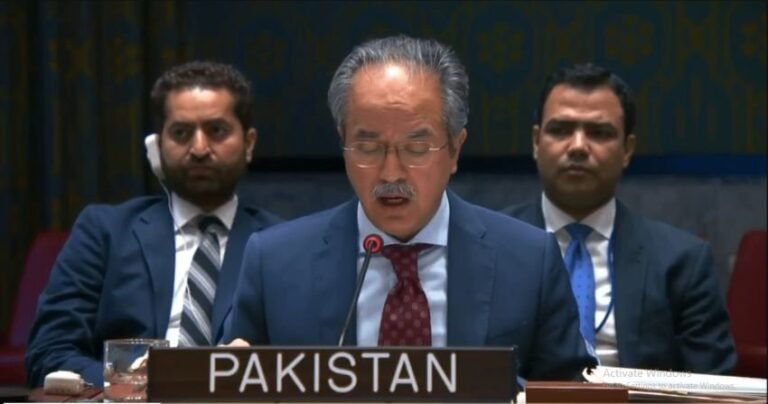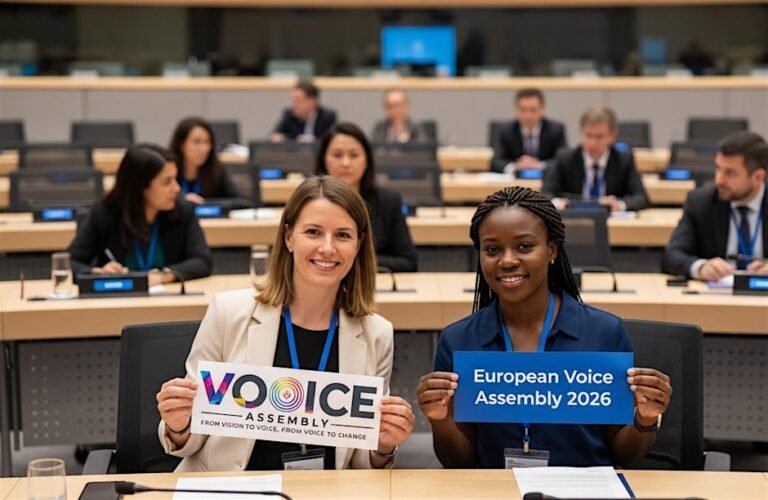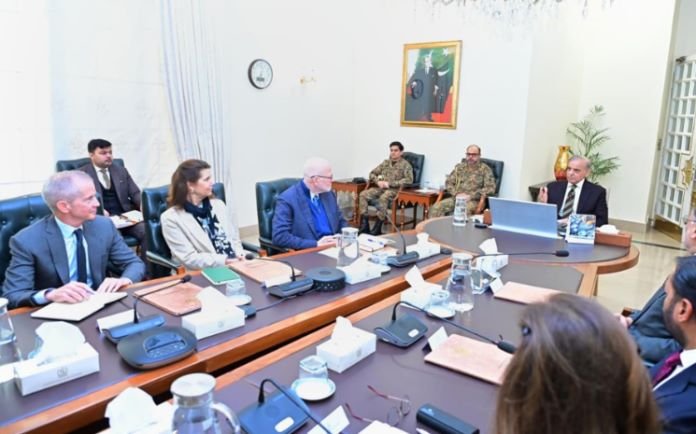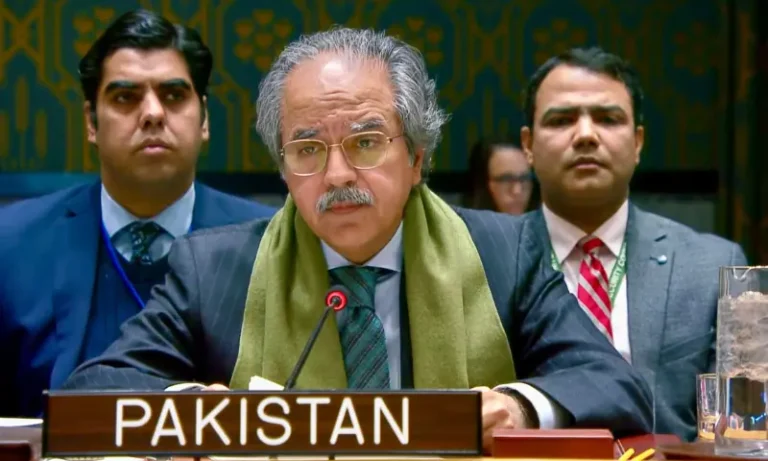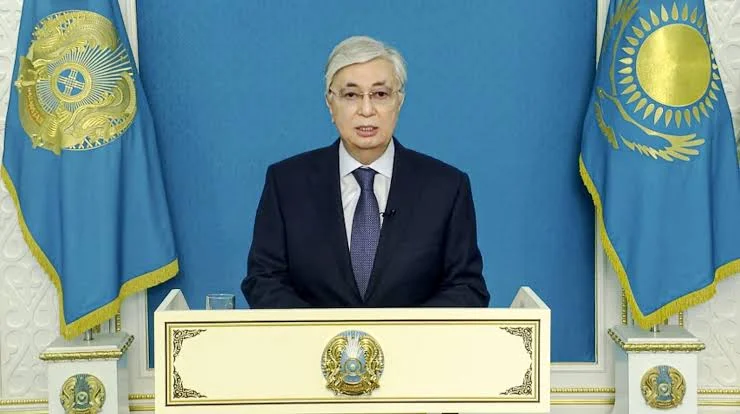In International Relations (IR), one stumbles upon lots of concepts linked to International politics, and narratives are one of them. Narratives in IR are the same as the narration of anything in any other field.
It links all aspects related with the aim of building some specific portrayal of anyone or anything in particular. One experiences this while hearing someone tell a story; the way the storyteller portrays every character shapes our narrative about that character.
In IR too, opinions and beliefs play a great role in shaping narratives. Therefore, students of International Relations come across many assumptions about the realities of the world.
It goes from large domains like a country’s intervention in another country to domains of smaller but equally important aspects like how different people interact with each other.
Accordingly, while one makes sense of the world, one learns about different ideas already existing related to the object they are analyzing.
These pre-existing ideas about anything are narratives. They are complex forms of identities and meanings that we give to realities around us.
Correspondingly, one must remember that narratives in IR are highly deceptive as they can mislead another person due to their one-sided view.
Whether they are positive or negative concepts about a particular thing, there exists some underlying purpose these narratives are always serving in IR.
Narratives and Constructivism
Although, narratives are based on and linked with all theories of International Relations one theory, in particular, can help us understand its basic assumptions; constructivism.
Constructivism is rooted in the idea that all realities around us are socially constructed. They give the explanation that humans make up the social world and they give meaning to the world around us.
Constructivists say that the behavior of humans is based on their identities. Moreover, as the realities around them change with time therefore it also changes the way other humans interact with the said person.
These identities that forge relations and shape the International system are themselves constructed by the same society.
Moreover, the construction of realities in IR is also highlighted by the agential-structure debate. The debate is based on the idea of whether humans act independently or whether the social structures around them affect the way they see different things.
This debate has shed light on the perspective of surroundings, previous knowledge, and experiences of individuals to affect how they see the world around them.
Narratives too cannot be built without any prior experience or assumptions of one state or individuals about another. Such assumptions are a mixture of not only their understanding but also how and who presented them with that knowledge.
Constructivism highlights that with reflection upon world experiences, people build their own representations and incorporate new information into their pre-existing knowledge.
Moreover, not every person gets a first-hand experience of everything. Therefore, the way a person with first-hand experience of something transfers his knowledge from one person to another constructs narratives.
Another aspect that drives narratives in IR, is interest. Interests range from state to individual linked with the idea of getting security and welfare.
While the main themes of state interests stay the same, they vary in their methodology and prioritizing one over the other. Constructivism and Narratives work hand-in-hand in building the construction of giving importance to one over the other.
A simple example of this is the West’s construction of the idea that Iraq is attaining dangerous weapons which threaten humanity.
Whether the idea was real or fake was not confirmed but the narrative erupted about Iraq’s head, Saddam Hussein, as an evil leader who is committing crimes against humanity.
US President George W. Bush named Iraq as part of his so-called Axis of Evil, along with Iran and North Korea, and claimed that the country was developing weapons of mass destruction and supporting terrorism under Saddam’s leadership.
However, UN inspections of suspected weapons sites could not find any evidence that such programs existed.
Despite this, on March 20, 2003, under the pretense that Iraq did in fact have a covert weapons program and that it was planning attacks, a US-led coalition invaded Iraq and Saddam was hanged later on.
But on analyzing, one can find many loopholes in this narrative about Iraq and its Head. Why did the West or the defenders of human rights ignore Iraq’s activities during the Gulf War?
It was only after 2000 that Iraq was called a country supporting terrorism while the atrocities previously done were ignored.
People around the world could not see for themselves the weapons Iraq was building up. Therefore, some agreed with the assumption, and some put on their glasses of critical thinking evaluations.
Nonetheless, the US could intervene in Iraq by presenting this assumption of Iraq becoming a hostile and dangerous country.
Many states highlighted the incident as an international law violation of non-intervention and the United Nations itself condemned it in the face of the US acting alone without any prior setting with the peacekeeper organizations.
Subsequently, this must have rung a bell inside one’s head. The idea is that narratives in IR only serve those who establish them and influence others into following the narrative.
These are all constructions about what is happening around us and who is who. Narratives are part of the constitutive and performative role of language, speech acts, and discourse to understand how actors “make sense of reality”. They are what human agents construct and offer (or even impose on) others
Kinds of Narratives
Although these narratives are part of writing and literary domains, they are related to International politics too.
1. Descriptive Narrative
This narrative creates a sense of the setting of time and place. It describes the mood, tone of characters, and the environment around them. Most of the narratives in International Relations are more or less described.
For example, setting the narrative for Africa. Wildly spread narratives of some countries or places in Africa portray the whole region as weak and vulnerable.
Although Africa is a region that is rich in resources but due to many issues it is described as poor only. One can’t neglect the fact of areas in Africa are poverty-stricken but we can’t judge the whole continent based on this.
Every day, many pictures, videos, and reports emerge for the region explaining how poverty is rising and people are dying. International organizations and media rarely explain its rise or show its positive side of it.

Africa holds 20.4% of the global land surface, 90% of cobalt, 50% of gold, 90% of platinum, 70% of tantalite, 98% of chromium, 64% of manganese, and 60% of diamonds.
12% of proven oil reserves and 10% of natural gas also rest in Africa. But due to a lack of governance and exploitation by foreign powers, Africa has had to live in an extremely vulnerable situation.
However, on the other hand, many African countries are rising economies of the world. Nigeria reported a $1.14 trillion GDP while South Africa had a GDP of $861.93 billion and Algeria $532.57 billion according to an IMF report for 2021.

Moreover, in 2010, South Africa became the first African country to join BRICS. BRICS is an intergovernmental grouping that comprises of world’s emerging economic powers. Additionally, it contains Brazil, Russia, China, and India.
Under its membership in BRICS, South Africa is engaging with other BRICS nations to strengthen its political, economic, and cultural cooperation.
For 12 years, these countries have engaged in dealing collectively with various issues related to food and climate security as well as dealing with the COVID-19 pandemic.
Furthermore, many African countries are already growing their work for climate change and food security but none of this changes the fact that Africa is still seen from the narrative of being a poor continent.
2. Viewpoint Narratives
Viewpoint Narratives are those that help you see things from the narrator or writer’s point of view. In International Relations, Viewpoint narratives are those narratives solely linked with one actor’s view and assumptions about the other.
It provides a way to see things from the thoughts and ideas depicted by the narrator (actor) themselves. The power that lies with viewpoint narratives makes other actors assume things or understand events exactly how the other is explaining them.
One can find numerous examples of it in our history as well as the present. There’s a popular saying, “History is always written by the winners”. In literature, one can only find the narratives of the winners.
This explains their strong point of view about themselves and makes the descendants see their glory and strength while making them believe the losers are evil and weak forces.
However, in today’s world, it has changed, everyone tries to sell their own point of view or narrative about an event or actor. Everybody describes their own point of view describing others as wrong.
Very few analyze things from their own perspectives while many fall prey to one of these narratives.
For example, Saudi Arabia and Iran try to sell their own narrative about each other. Both countries are involved in proxy wars, economically and politically due to religious differences and sectarianism.
Furthermore, their narrative includes Saudi Arabia’s viewpoint of Iran trying to dominate the Middle East and vice versa. Supporters of each side are easily manipulated by these viewpoints leading to more tension.
3. Historical Narrative
Historical narratives are those that base their evidence on something that happened in the past. It relies on linking the present scenario of the world with past incidents.
The narrative explains the link between history and the present as a cause-and-effect relationship. Something that happened in the past led to things happening in the present. In International Relations, bilateral relations between states are of utmost importance.
These relations are based on historical narratives. Moreover, these relations can be based on an incident that happened in the past but is still carried out now. An important example of this is the bilateral relations between Pakistan and India.
As India is of the narrative that Pakistan is its part and should be combined back with it. This idea emerged after the partition of the subcontinent in 1947 by the British Empire.
For this, the country still strives to make things hard for Pakistan. Whether it is causing tensions over the border, hindering Pakistan’s trade, or disrupting its relations with other countries, no leaf is left unturned.
Moreover, the issue of Kashmir and both countries claiming it as their part increases conflict. For more than 75 years, both countries have been involved in direct and indirect confrontations over the land.
The issue lies in the heart of the partition of 1947. Kashmir, a former princely state was asked to become part of one of the emerging states.
However, due to a lack of timely decision by Kashmir’s authorities, the land became a spot of a territorial dispute between India and Pakistan.
These past incidents are still among the major reasons behind the troubled relations between both states in the present.
Fading lines within Narratives
However, narratives help in International Relations too. This discussion is not about the other side which starts narratives about a particular thing and gets benefits.
Instead, it is about other actors of IR which include NGOs and INGOs. Narratives about the United Nations are both negative and positive.
While the international organization has settled many disputes at the same time it has also served the interests of the power group.
These narratives do not help any actor directly. These narratives are not based on political propaganda as in the other severe cases.
Within narratives, the line between right and wrong narratives is fading. Why? because most of these narratives are not based on solid proof. Even if there are proofs then it is still debatable whether it is correct or not.
This is because International Relations do not involve pure science. Moreover, a human factor is always involved in everything that causes disruptions. Especially narratives which are 90% based on human assumptions about particular events and actors.
In IR, narratives are driven by actors’ interests. However, it should base on solid scientific proof that can prove true in times of testing. Even still human factors can render empirical-based analysis false too.
Therefore, as students of International relations, one must learn how to differentiate things and base ideas on more neutral grounds. A common thing taught everywhere is that everything has two sides, black and white but in IR, there is a grey area too.
Consequently, researchers and students are always part of the process of learning. Therefore, it is necessary to understand things from the grey area and not conclude things as either right or wrong.
*The writer is a Fellow at The Diplomatic Insight, published by the Institute of Peace and Diplomatic Studies
**The views, opinions, findings, and conclusions or recommendations expressed in these papers and articles are strictly those of the author(s). They do not necessarily reflect the views of The Diplomatic Insight and its team.





